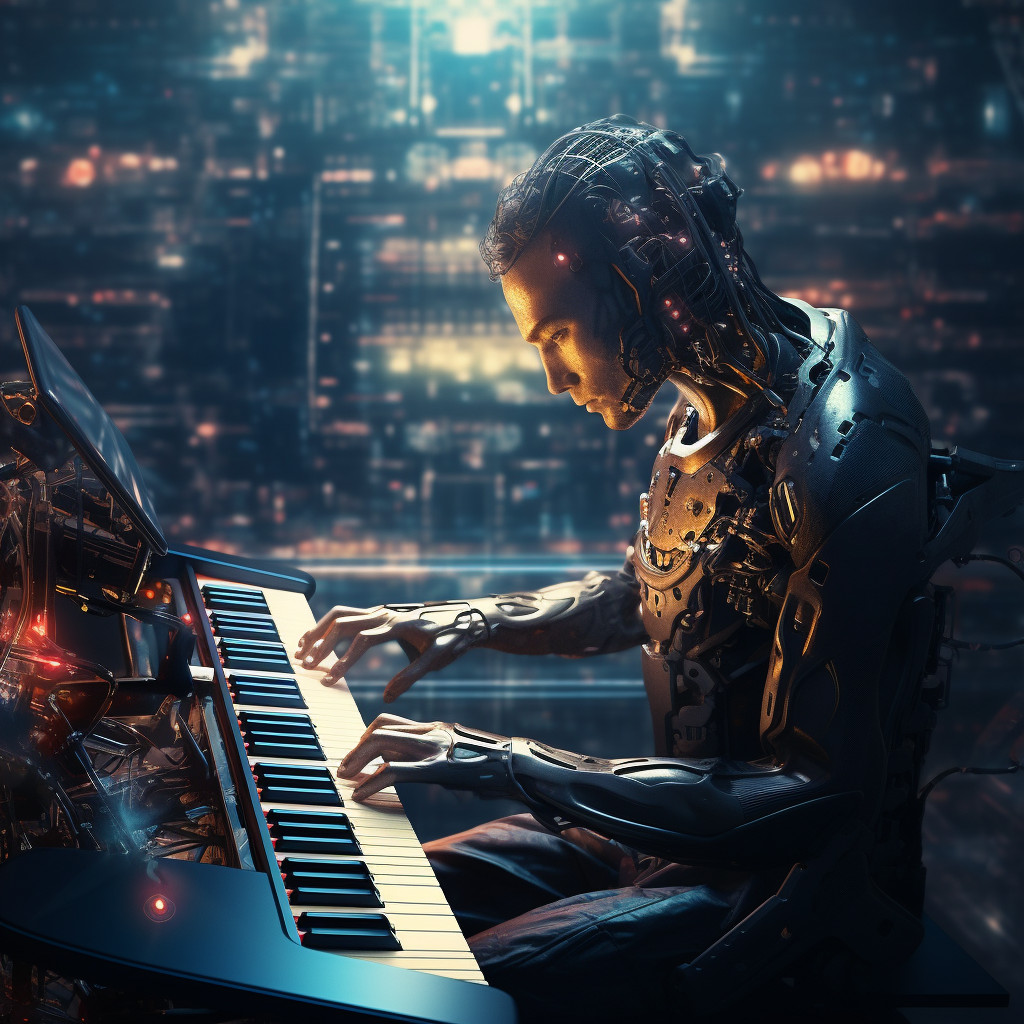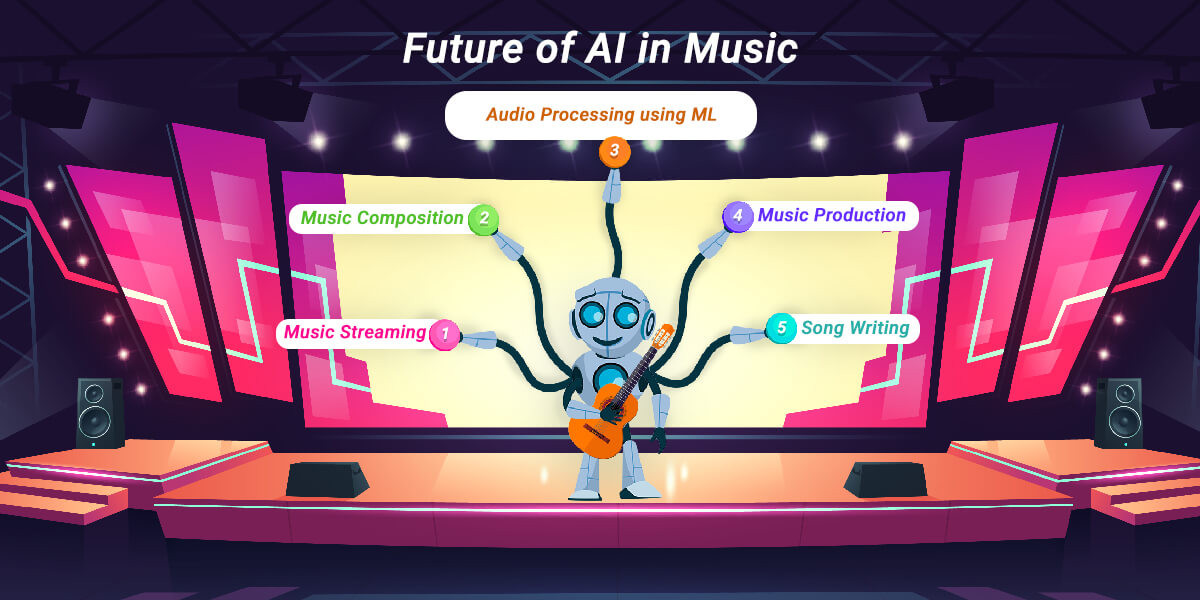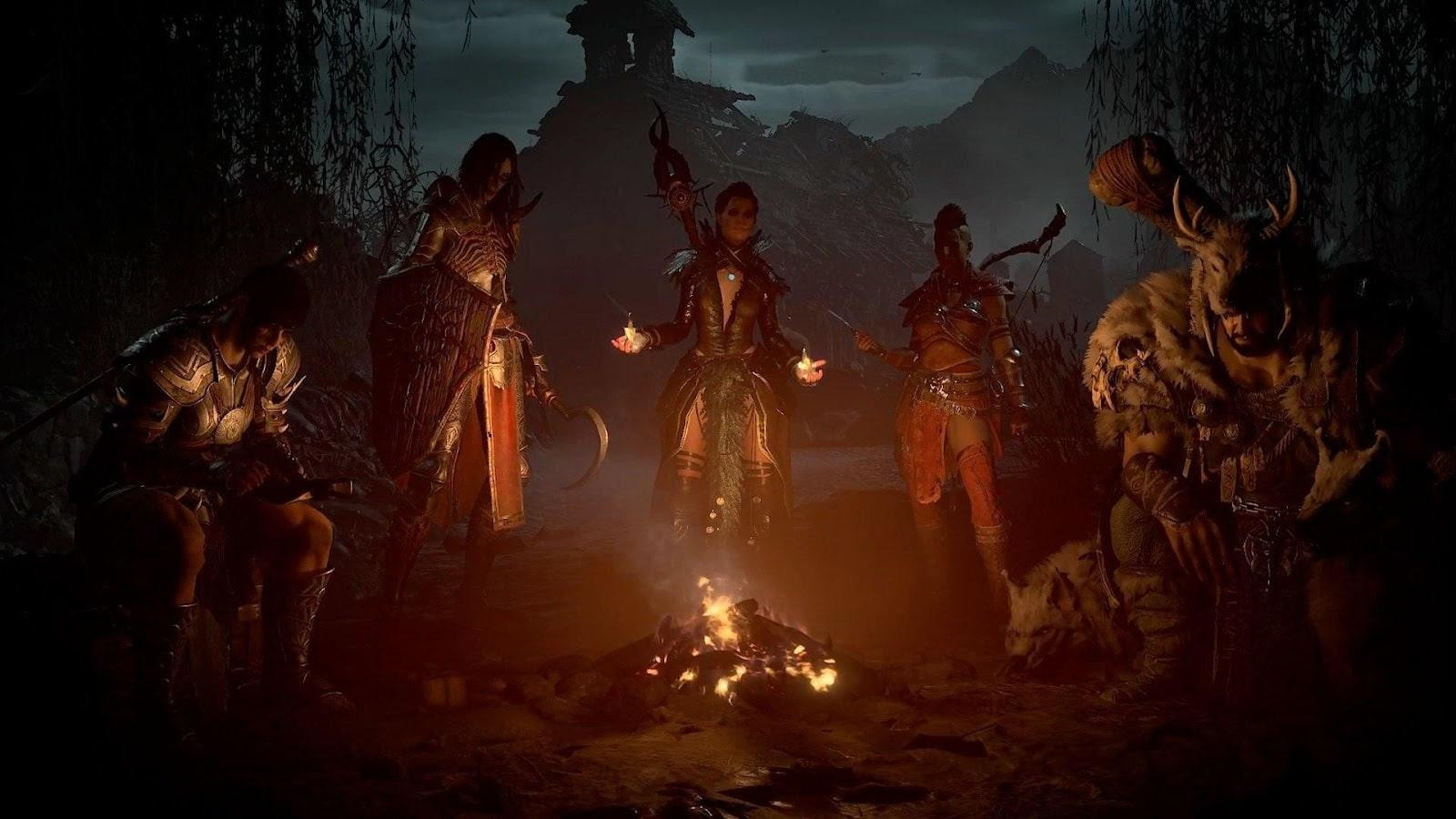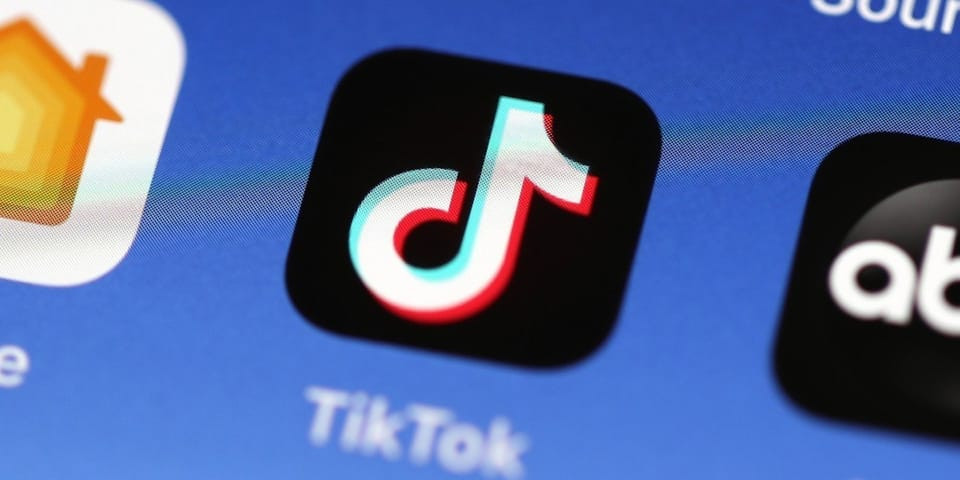The Rise of AI in Music: A Symphony of Possibilities and Concerns
Music, an art form that has accompanied humanity for millennia, is undergoing a dramatic transformation, driven by the relentless march of artificial intelligence (AI). From composing intricate melodies to curating personalized playlists, AI is weaving its way into every aspect of the music industry, leaving both creators and consumers pondering its impact on the future of sound.
AI as a Composer: Redefining Creativity
Gone are the days when composing music required years of training and an innate musical talent. AI is now capable of crafting original compositions, pushing the boundaries of creativity and blurring the lines between human and machine artistry. By analyzing vast datasets of musical scores and identifying patterns, AI algorithms can generate melodies, harmonies, and rhythms, often indistinguishable from human-composed pieces.
One prominent example is AIVA, an AI composer that has gained recognition for its ability to create classical music. AIVA's algorithms can analyze existing compositions, learn from their structure and style, and then generate new music that adheres to specific genres or compositional rules. This has opened up exciting possibilities for composers who seek to explore new soundscapes or experiment with different musical styles.
While AI's ability to compose music is undeniable, concerns about the ethical implications of AI-generated music are emerging. Some argue that AI lacks the depth of human emotion and understanding, resulting in music that may sound technically proficient but lacks the soul and originality of human-composed pieces. Others fear that AI could eventually replace human composers entirely, leading to a homogenization of musical styles and a decline in artistic expression.
The AI Composer's Toolset: A Collaboration Between Human and Machine
However, a more nuanced perspective suggests that AI should be viewed as a tool, a powerful instrument that can augment human creativity rather than replace it. Many musicians and composers embrace AI as a collaborative partner, utilizing its capabilities to overcome creative blocks or to explore new musical territories. For example, AI algorithms can be used to generate chord progressions or to suggest melodies, providing inspiration and facilitating the creative process.
The music software company Jukebox, developed by OpenAI, exemplifies this collaborative approach. Jukebox enables users to generate music in various genres and styles, allowing musicians to experiment with different sounds and experiment with different musical ideas. This collaborative approach fosters a dynamic exchange between human and machine, enhancing creativity and expanding the possibilities of music creation.
AI in Music Production: From Mixing to Mastering
Beyond composition, AI is transforming the music production process, streamlining workflows and enhancing the quality of recordings. AI-powered tools can analyze audio signals, identify and remove unwanted noise, and automatically adjust levels, saving producers time and effort. LandR is one such platform that utilizes AI to master music, achieving professional-grade results with minimal user intervention. This allows musicians to focus on their creative process, without being bogged down by the technicalities of audio engineering.
AI's influence extends to music distribution and marketing as well. Platforms like Spotify and Apple Music leverage AI to analyze listening habits and recommend personalized playlists, tailoring musical experiences to individual preferences. AI-powered algorithms can also analyze social media data to identify emerging trends and identify potential hits, helping artists reach wider audiences.
The Future of Music: A Human-AI Symphony
The integration of AI into the music industry is rapidly evolving, raising both excitement and apprehension. While AI's ability to compose, produce, and market music is undeniably impressive, concerns about the potential for homogenization and the displacement of human creativity persist. It remains to be seen how this dynamic interplay between human and machine will ultimately shape the future of music.
It is crucial to recognize that AI is not a replacement for human creativity but rather a powerful tool that can enhance it. By embracing AI as a collaborative partner, musicians and composers can explore new sonic landscapes, push the boundaries of creativity, and unlock a new era of musical innovation.
The future of music is likely to be a collaborative symphony, where human creativity and AI ingenuity harmonize to create an unparalleled sonic experience. In this future, both the human and the machine will contribute to the evolution of music, creating a rich tapestry of sound that resonates with audiences for generations to come.


















